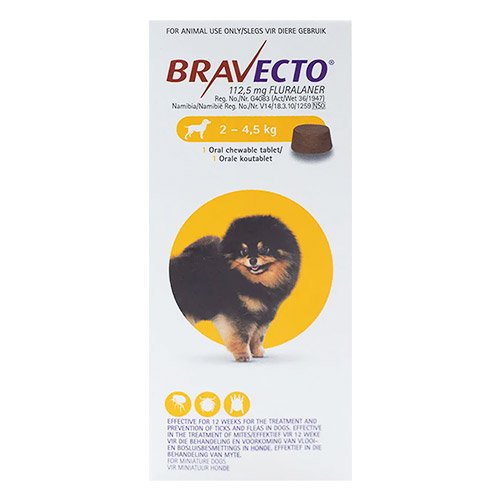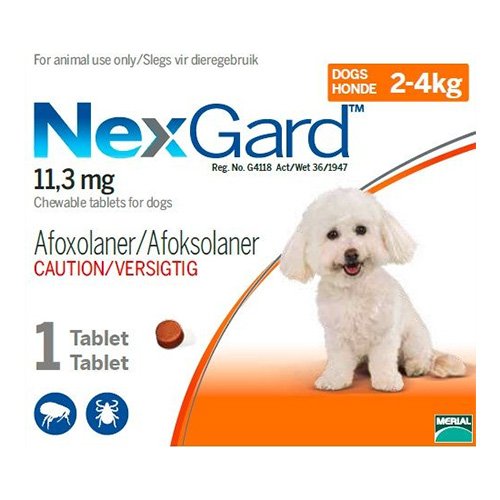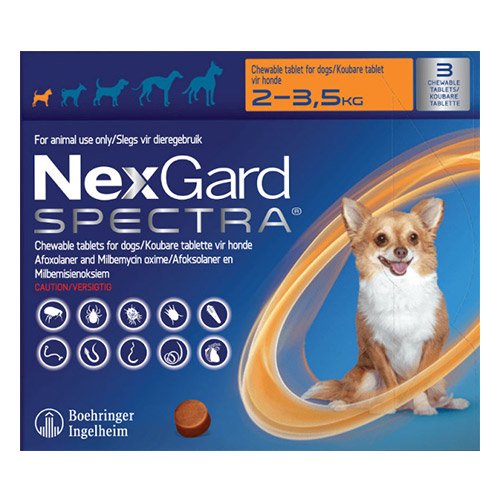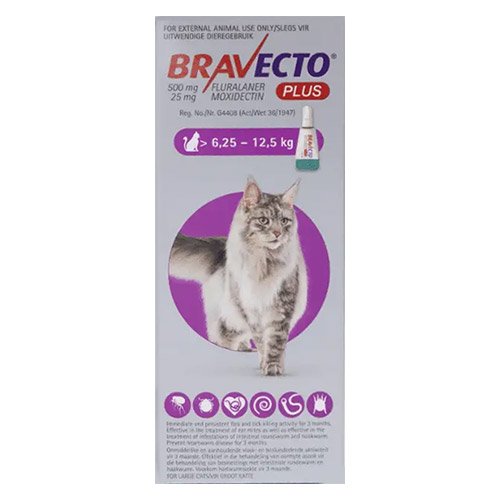-
Popular Brands View All BrandsPopular Brands View All BrandsPopular Brands View All BrandsPopular Brands View All BrandsPopular Brands View All Brands
- Dogs
- Cats
- Brands
- New Arrivals
- Below R150
- Refer & Save More
- New Year Sale

Aug 10, 2023
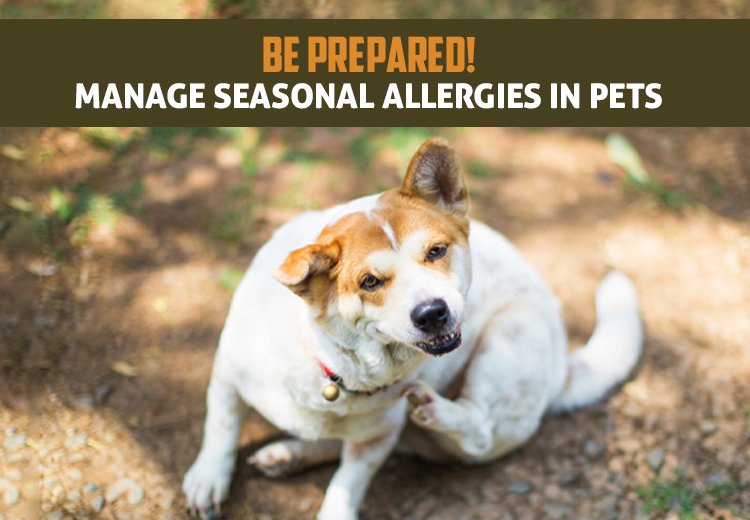
Seasonal allergies- as the name suggests are prevalent only in certain seasons, most commonly during spring! Depending on what your pet is allergic to they can show symptoms during the allergy season; it can vary with weather and location. Seasonal dog allergies can manifest as itching, scratching, runny nose, and many other telltales. Whilst many dogs are allergic to grass and keeping them off lawns can lessen the symptoms, some allergies can be more complicated.
As always, we are here to help you manage, prevent, and treat allergies so that your furry baby can be comfortable. We’ve put together causes, common signs, and treatment options you can look at to help your dog.
Let’s start with learning the root of the problem. A pet can suffer from a seasonal allergy due to a hypersensitive immune system. When allergens increase in the environment, it triggers your pet’s immune system leading to a rise in the symptoms of an allergic reaction.
The most common allergens that cause seasonal allergies are:
• Pollen dust
• Mold and yeast
• Dust mites
• Grass
• Fleas
Symptoms may vary according to the severity of the allergic reaction, breed, and your pet’s health condition. There are many different signs and symptoms of allergic reactions. Some common ones to know are:
• Redness of skin
• Itching, excessive licking or biting
• Sneezing or wheezing
• Red, itchy, or watery eyes
• Runny, itchy, stuffy nose
• Hair loss
• Difficulty breathing
• Hives
• Swelling or inflammation
• Itchy rash
• Pigmentation
• Thickening of skin (elephant skin)
• Smelly skin and/ or ears
The most common areas that get affected due to allergies are paws, limbs, mouth, eyes, ears, abdomen, and groin. Some pets can have less severe reactions, which are resolved within a few hours or days, but some can be more hazardous or even life-threatening. If you notice your pet wheezing or having difficulty in breathing, visit your vet immediately.
Treating allergies is no miracle, but there are precautions you can take to manage the allergies better and ease the symptoms. One way to manage seasonal allergies is by using treatments prescribed by your veterinarian. If your pet is suffering with mild allergies, over-the-counter treatments or home remedies can work.
Using anti-itch and anti-histamines could be another option for your pet. Be sure to talk to your veterinarian before giving your pet such treatments, as they should not cause other complications.
Regular bathing with hypoallergenic shampoos may aid in removing the allergens present on the pet’s body. When bathing your pet is not possible, you can also wipe down their coat with a wet cloth, it will remove pollen or any other allergen that your pet might have picked from outside.
Omega fatty acid supplements protect the skin and minimize the symptoms. These supplements take time to show their effectiveness, so the best way is to administer these supplements all year round. Fresh foods that contain omega fatty acids are fatty fish like mackerel, sprats, and sardines.
Preventing seasonal allergies can be easy, if you are already aware of the type of allergen that causes your pet to suffer from allergic reactions. The simplest way is to avoid the allergens; reducing exposure might help in managing the symptoms. Though it is a difficult task for pets that love to be outdoors, limiting outdoor time and regular wiping can help.
Allergies can be annoying and negatively impact your pet’s health. Nevertheless, allergies can be managed. If you know that your pet suffers from seasonal allergies, follow preventive measures way before the season starts. You can keep your house clean and vacuumed to keep the dust, pollen and fleas out. Try increasing fat in your pet’s diet after consulting a vet; this will help in reducing skin inflammation.
This tip is strictly for dog parents: give your pooch a small amount of honey every day. Honey contains pollen; taking a small amount of it every day will not affect your fur baby’s health and will help build a stronger immune system.
If you suspect your pet is suffering from a serious allergy, it’s always best to consult with your vet.
Dec 04, 2025
Christmas, the most awaited and joyous time of the year, has almost arrived! The flowers are in full bloom, and the Christmas carols have a...
Nov 25, 2025
Fleas and ticks are a serious threat to your dog’s health, as they can cause significant discomfort and transmit diseases. Contrary t...



© 2026 BudgetPetSupplies.co.za (MSV Pet Care (Pty) Ltd.) - All Rights Reserved.


